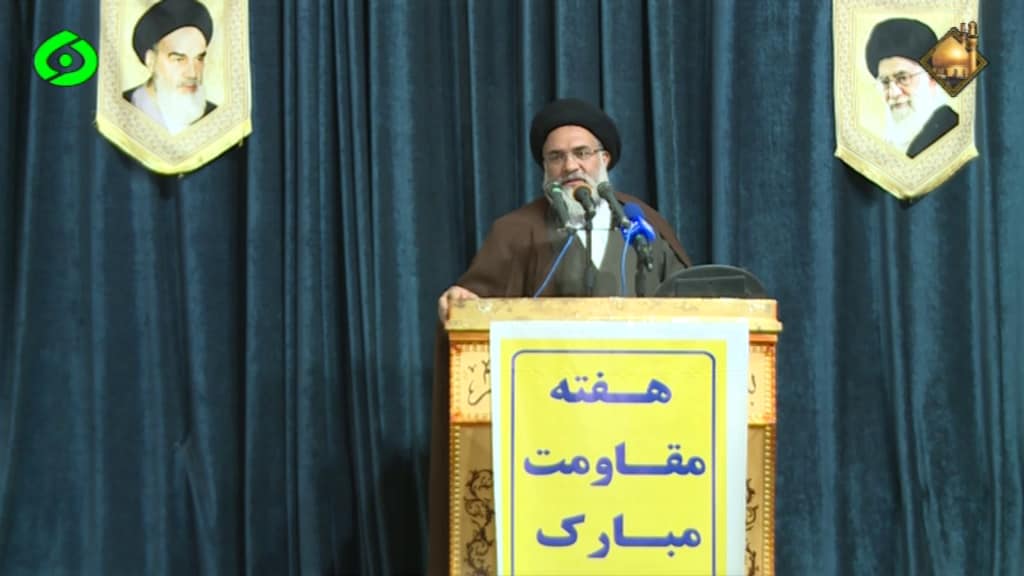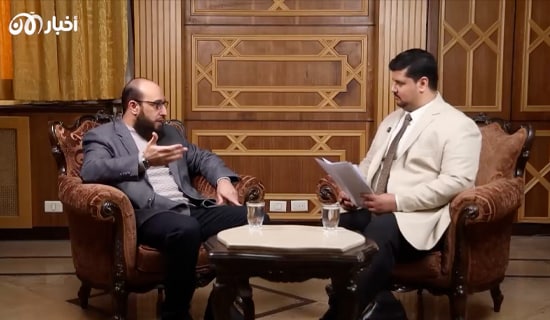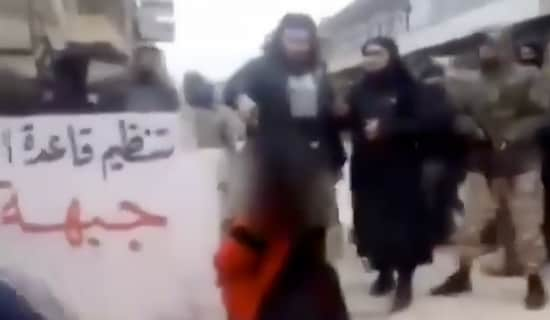
Former Iranian Ambassador to France Sadegh Kharrazi said in a December 14, 2019 interview on Ofogh TV (Iran) that the JCPOA would be in a different state than it is today had Hillary Clinton or Joe Biden been President of the United States instead of Donald Trump. He criticized Iranian presidents who have used inflammatory rhetoric while in office, such as Mahmoud Ahmadinejad and his declarations that Iran will wipe Israel off the map, for having caused the U.N. Security Council to invoke Chapter 7 of the U.N. Charter against Iran, and he argued that Iran's presidents cannot use the same rhetoric used by Imam Khomeini or Supreme Leader Ali Khamenei, who he said are religious, spiritual, and revolutionary leaders rather than political leaders. In addition, Kharrazi said that Supreme Leader Khamenei had authorized every step of the JCPOA negotiations, and that Iran could not have gotten a better deal than the JCPOA given the political circumstances at the time.
Sadegh Kharrazi: "If Mr. Trump and a Republican government had not come to power, or if Mrs. Hillary Clinton or someone like VP Joe Biden had become President, would the state of the JCPOA have been the same as it is today? No. The JCPOA came at a time when the Americans needed it, a time when they thought differently about the Middle East.
[...]
"Since the [1979] Revolution and before the time of the Ahmadinejad government, we never faced sanctions by the U.N. Security Council. During Ahmadinejad's days, we were brought under Chapter 7 of the U.N. Charter.
[...]
"Various terms were introduced into the rhetoric of Iran's foreign policy. Those terms and that rhetoric caused us to be brought under Chapter 7 of the U.N. Charter. Back then, many countries advised us what to do and what not to do. All of a sudden, we started talking about erasing a certain country, about erasing Israel from the geographical map."
Interviewer: "Why don't you complain about Imam Khomeini? If this is your claim... The first person who said that Israel should be annihilated was Imam [Khomeini]. Why do you politicize this so much?"
Sadegh Kharrazi: "I'll tell you..."
Interviewer: "This is a verbatim quote from Imam Khomeini: 'We plan to dry up the roots of Zionism, Communism, and liberalism.'"
Sadegh Kharrazi: "With regard to the Imam, let me tell you a story. When the late [Mohammad-Ali] Rajai became Prime Minister, [French President] Francois Mitterrand sent him congratulations. Rajai published a communique in which he rebuked Mitterrand, saying that the people are doing this and that... In short, he completely dismissed Mr. Mitterrand. The following day, the Imam summoned Rajai. I'm saying this on live TV, with the lights on. The leader [Khamenei] told me this when I was on my way to France. Imam [Khomeini] summoned Mr. Rajai, and said to him: 'Why did you say this?' Rajai said: 'You are the Leader of the Revolution and you say such things. I am merely following you.' The Imam said: 'I am nothing but a student of religion, whereas you are the head of state, and you have a country to run. You are at the head of a government that you need to run.' Even if Imam [Khomeini] or the Leader [Khamenei] say certain things as the leaders of the Islamic world, and even if they use the rhetoric of the leadership of the Islamic world, in the framework of the discourse of the resistance, the person at the head of the government cannot necessarily do the same thing, because he is responsible for the livelihood of the people."
Interviewer: "So these are nothing but slogans that shouldn't be said?"
Sadegh Kharrazi: "Go ask the Imam. Go ask the Leader who told me that story."
Interviewer: "For me, this is not a question. Do you know why? Because, and this is true also with regard to the Holocaust... Even if the Leader said that to you in private, he has said many times in public that discussing this is the right policy."
Sadegh Kharrazi: "What the Leader says is the correct thing for him to say, because [the enemies] say bad things, and the Leader amplifies the power and impact of the resistance in the Islamic world. He strengthens the position of the Islamic Republic, thanks to the deterrence that stems from his words."
Interviewer: "So from your comments we can conclude that there is no problem... They say one thing, and we do something else."
Sadegh Kharrazi: "No. You are the one coming to that conclusion. Go ask international and political experts. In 2016, I was no longer in an [official] post, but I wrote to the leaders of our country that the way [Ahmadinejad] is leading us would cause the UNSC to hit us with a resolution under Chapter 7 of the U.N. Charter.
[...]
"The Foreign Minister and the President should have latitude. They must not say everything all at once and destroy [this latitude]. Today, Mr. Rouhani is disappointed and upset that the Europeans and the Westerners played him. The greatest blow to Mr. Rouhani's enterprise were the crises and problems created by these cowardly governments.
[...]
"The Leader authorized each and every step in the JCPOA negotiations."
Interviewer: "But the Leader said that his red lines were crossed."
Sadegh Kharrazi: "Allow me [to explain] ..."
Interviewer: "What you are saying is peculiar."
Sadegh Kharrazi: "Allow me. The Leader himself has said many times... You do not read things that do not work for you, or you ignore them, and you only mention things that work for you."
Interviewer: "For me, the words of the Leader constitute the gold standard, like it or not."
Sadegh Kharrazi: "The essence of what I say is what the Leader has said."
Interviewer: "So we are in agreement."
Sadegh Kharrazi: "The Leader supported the JCPOA and said that the [delegation members] were pious, brave, and strong soldiers who entered the fray.
[...]
"The political circumstances of that time did not allow us to get a better deal than the JCPOA."
Interviewer: "Would you do a private business deal similar to the JCPOA? On unequal terms?"
Sadegh Kharrazi: "If at one point I have no choice, and, for instance, I have to sell my 500,000-toman house for 50,000 toman, in order to resolve my problem, I would have no choice but to do it."













